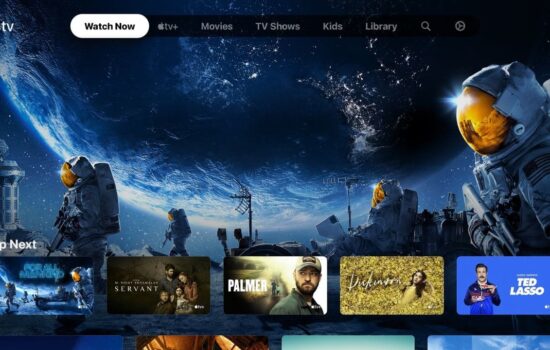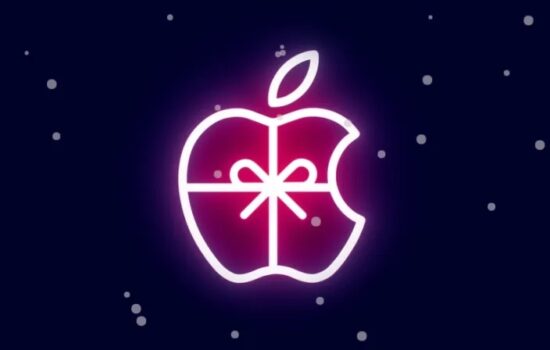According to a recent report from Fixed Focus Digital, Apple has temporarily halted the development of its much-anticipated foldable iPhone. This decision comes after the displays from suppliers failed to meet Apple’s rigorous testing standards. The news originates from a rumor circulating in China, shared by Fixed Focus Digital, a tech video blogger with a significant following on Weibo. This setback is a significant development in the tech world, as Apple has been exploring foldable technology since 2016, even testing devices with displays from Samsung, a key player in foldable screen technology.
The journey towards a foldable iPhone has hit a roadblock. Apple, known for its high-quality standards, has paused the development of its foldable iPhone due to issues with the durability of folding screens. This news, coming from a source in China, highlights the challenges in creating a foldable device that meets Apple’s stringent requirements.
Apple’s foray into foldable technology began over five years ago, with the company actively building prototypes and exploring different designs. Despite these efforts, the recent failure of Samsung’s folding panels under Apple’s tests has led to a temporary freeze on the project. This pause is a reminder of the complexities involved in innovating foldable devices, a market that Samsung has been pioneering since 2019.
The foldable iPhone, envisioned to fold widthwise like a clamshell, represents a significant departure from traditional smartphone designs. However, with no plans to include these devices in Apple’s product roadmap for 2024 or 2025, the future of the foldable iPhone remains uncertain. Apple’s commitment to quality means that any product failing to meet its standards could be canceled, regardless of the investment in research and development.
Do you want to use a foldable iPhone? Let us know in the comments or tweet us at @appleosophy. Be sure to download the Appleosophy App from the App Store or visit our website to stay updated with the latest Apple news!
Image: CNET








